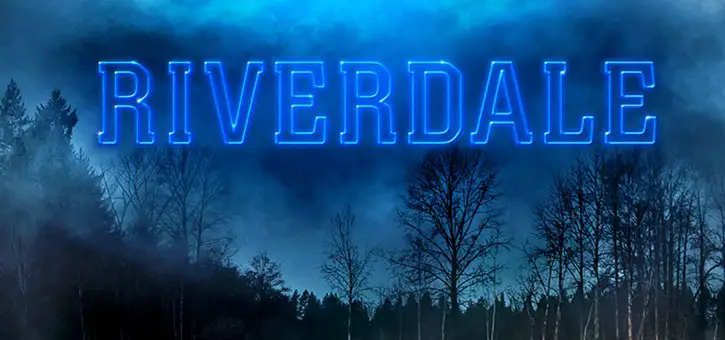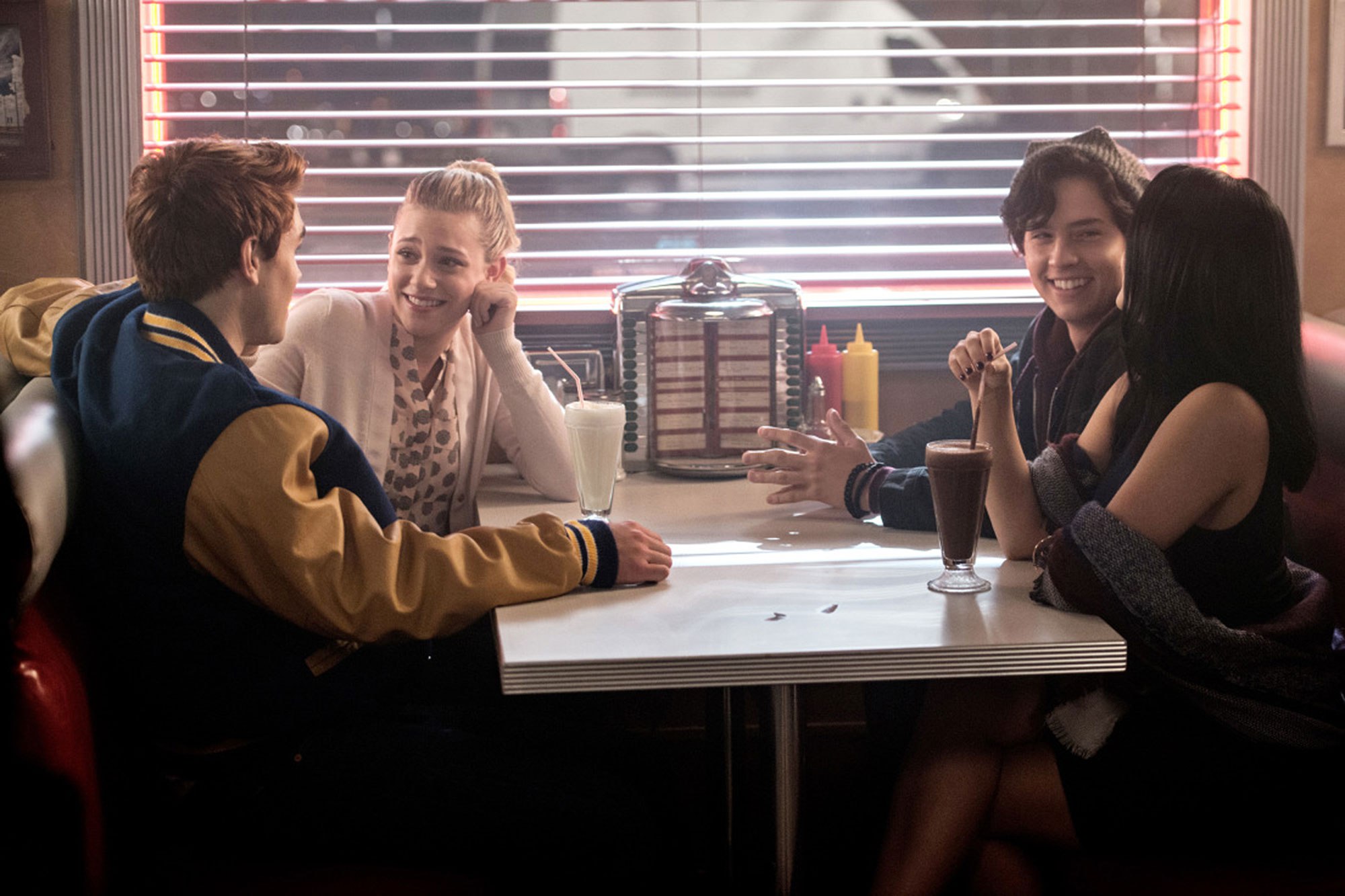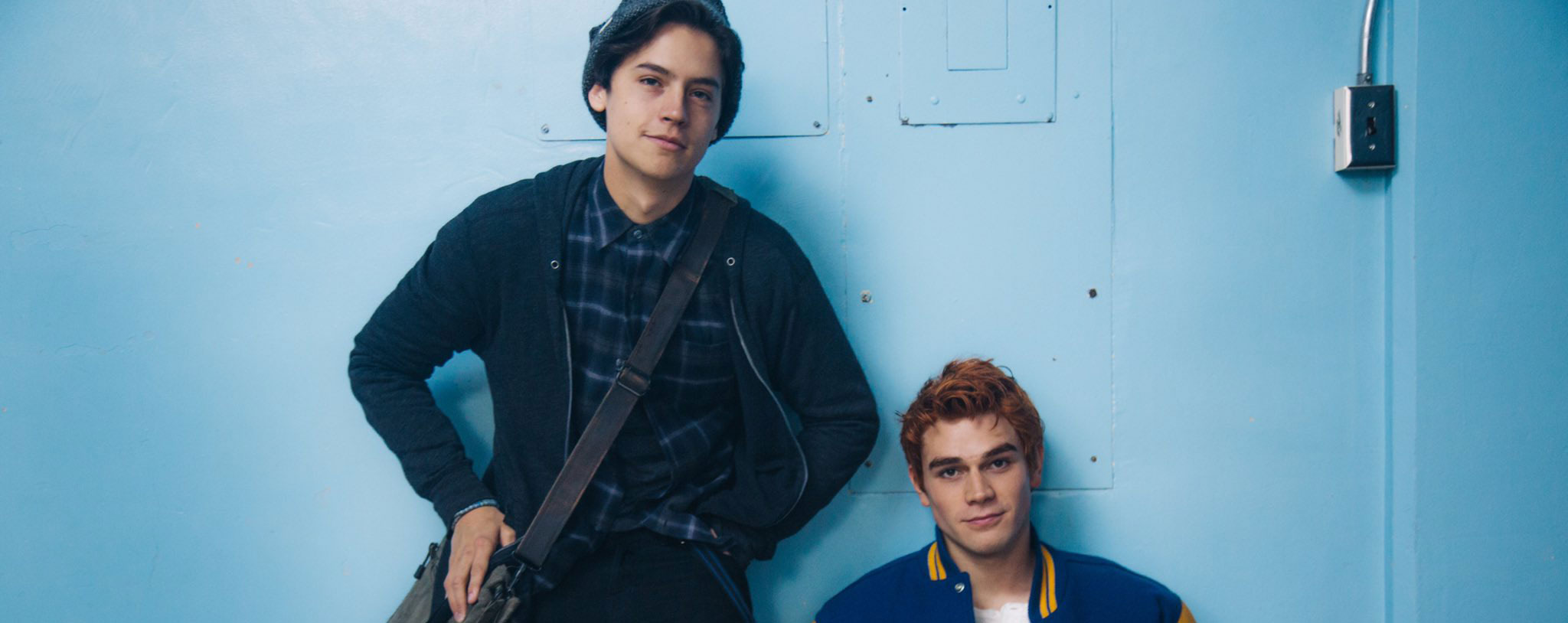A Classic Makes a Comeback on CW
The new series “Riverdale” spins “Archie” comics into a crime series.
By Ashley Wertz, University of Pittsburgh
When you think of “Archie,” you probably don’t think of a murder mystery.
So, when the CW released the trailer for the upcoming series, audiences were likely surprised to find a promo that looked more like something David Lynch might create if he was into teen drama.
And, much like “Twin Peaks,” “Riverdale” doesn’t waste any time in introducing the central plot point: The death of Jason Blossom, Riverdale’s golden boy. Just like Laura Palmer’s body washing up on the shore, Jason’s death opens a whole can of worms in the town where nothing bad happens; at least, nothing bad that anyone will tell you about.

“Riverdale” is a show on the CW, though. And that means viewers shouldn’t expect a whole hell of a lot in terms of progressive television. Like other mainstream television networks, its foundation is built on years of teen soaps and melodrama. But are shows like this becoming more self-aware? Here are a few aspects of “Riverdale” that could make or break the series.
Warning: Spoilers ahead.
1. Betty vs. and Veronica
It looks like somebody finally decided the love triangle between Betty, Archie and Veronica was getting stale, as “Riverdale” opens up a new connection between the two leading female characters.
Even though there have only been three episodes so far, Betty and Veronica’s relationship is a clear highlight of the show. Betty’s personality in “Riverdale” is more or less the same as in the comic’s universe, but Veronica has changed for the better.
She still retains that rich-girl vibe, but it’s less intrusive and more Cher from “Clueless.” She admits to playing into the queen bee position at her previous school, but sees Riverdale as a chance to change that. With a less abrasive Veronica, it’s much easier for Betty to see her as a friend rather than foe.
Of course, there had to be a glimpse of Betty pining after Archie in the first episode or two. But, after his well-meaning rejection of her love, Betty appears to be increasingly less interested in his newly ripped bod and more concerned with her own hobbies, like investigating Jason Blossom’s murder and exposing slut-shaming boys.
Betty’s confession wouldn’t have happened if it weren’t for Veronica’s encouragement. Even after Veronica messes up and puts the moves on Archie during a steamy session of seven minutes in heaven, she feels so bad that she gives Betty cupcakes and a bouquet of roses. Just gals being pals.
2. Archie Is a Bit Boring
While the new portrayal of most of the characters has been positive, or at least noteworthy, the leading man tends to fall flat. The problem with Archie Andrews is that he’s just too perfect. Although, now I finally can understand why he would have girls fighting for his affections.
In the comics, Archie is constantly making a fool of himself for the sake of comedy or saying the wrong thing, but that’s what makes him interesting (or annoying, you could argue).
It’s not K.J. Apa’s fault, but what the audience has seen of Archie so far is a bit underwhelming in comparison to the other characters. Over the summer, he gets abs and joins the football team, but he’s conflicted. He wants to play music, but his dad just doesn’t understand. And while this might have worked for Troy Bolton, the trope has been well over-used.

However, there is a silver lining here. The most fascinating aspect of Archie is his relationships with other characters, particularly Jughead. In the comics, the two are unquestionably best buds despite the difference in personality, but, in “Riverdale,” they’re not even on speaking terms in the first episode.
The Jughead everyone knows from the comics is always eating hamburgers and rejecting girls, but Cole Sprouse’s depiction is a broody aspiring crime novelist. As you can imagine, the two butt heads to the point where you wonder why they were ever friends in the first place.
But, there are some moments that suggest a strong friendship between the two, particularly when Jughead is calling Archie out on some of his bullshit. But isn’t that what friends are for?
3. LGBTQ+ Representation
At this point in the show, the queer representation is feeling a little stereotypical. The sole gay character so far, Kevin, was the first openly gay “Archie Comics” character, so I’ll give him credit where credit is due. But, it’s 2017 now, and he hasn’t been making many waves.
To be blunt, Kevin is the quintessential “Gay Best Friend.” The trope is basically a reason to include LGBTQ+ (well, just the “G”) characters in popular media, but not actually give them much of a personality beyond being boy-crazy or serving as the comic relief. In that case, Kevin hits both criteria on the head. As a rule of thumb, if you can replace a character with a lamp and have the same outcome, you need to write better characters.
Aside from Kevin, there’s always an abundance of discourse when it comes to sexual orientation in the show. Because the teenage years are supposedly a time of great exploration, “Riverdale” poses some possibilities that would be more than well received.
For one, there’s the tangible chemistry between Betty and Veronica. They share a kiss during a cheerleading tryout for reasons I’m not even sure of, but it happens. The scene might have acted as a “shocking” moment, but maybe it means something more than that for once. If so, it would help to normalize queer female relationships, especially since Betty and Veronica are so iconic.
But, there are even more forms of representation that could finally see the light of day. The “Archie” comics have been remade for years, and that means spin-offs too. “Jughead” has been a popular example and reveals a lot more about his character.
One of the most important additions has been the inclusion of Jughead’s asexuality. Asexuality is such an underrepresented orientation, that it almost doesn’t seem to exist. Currently, “Riverdale” writers have no concrete plans concerning whether or not they’ll include this aspect in the show, but Cole Sprouse has expressed how much he wants to explore Jughead’s asexuality. For now, however, he’ll be figuring himself out like the rest of his peers.

















